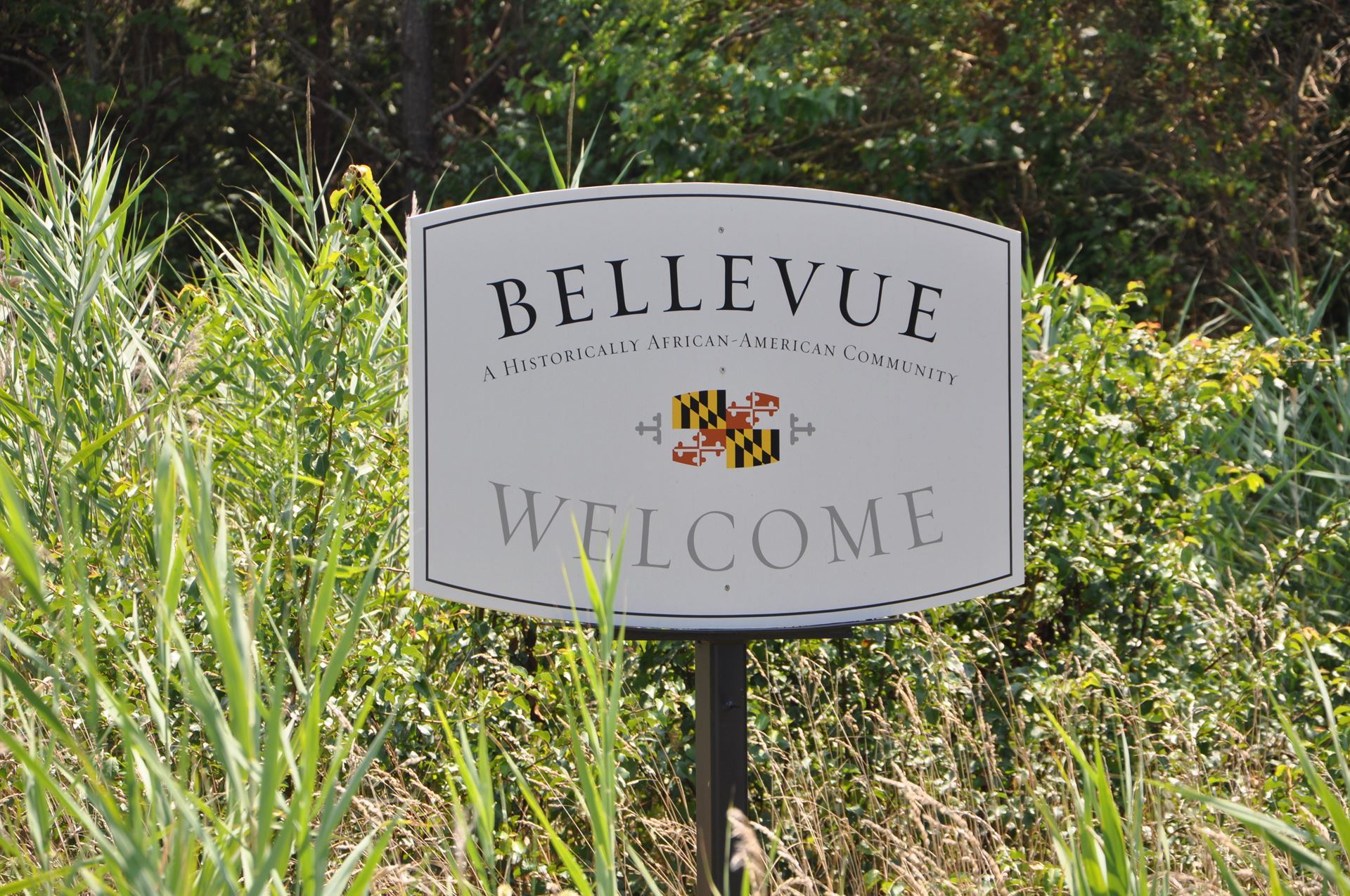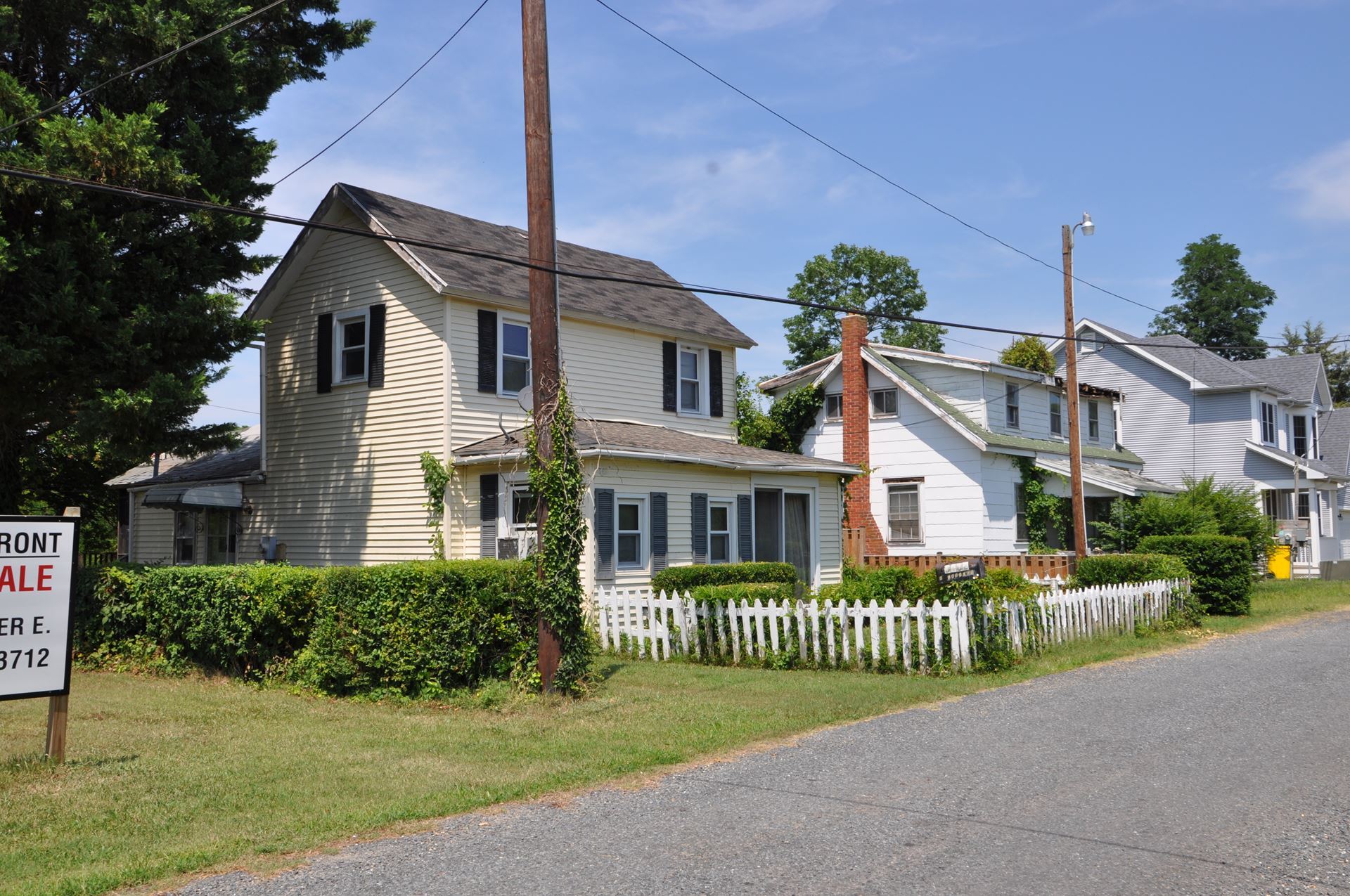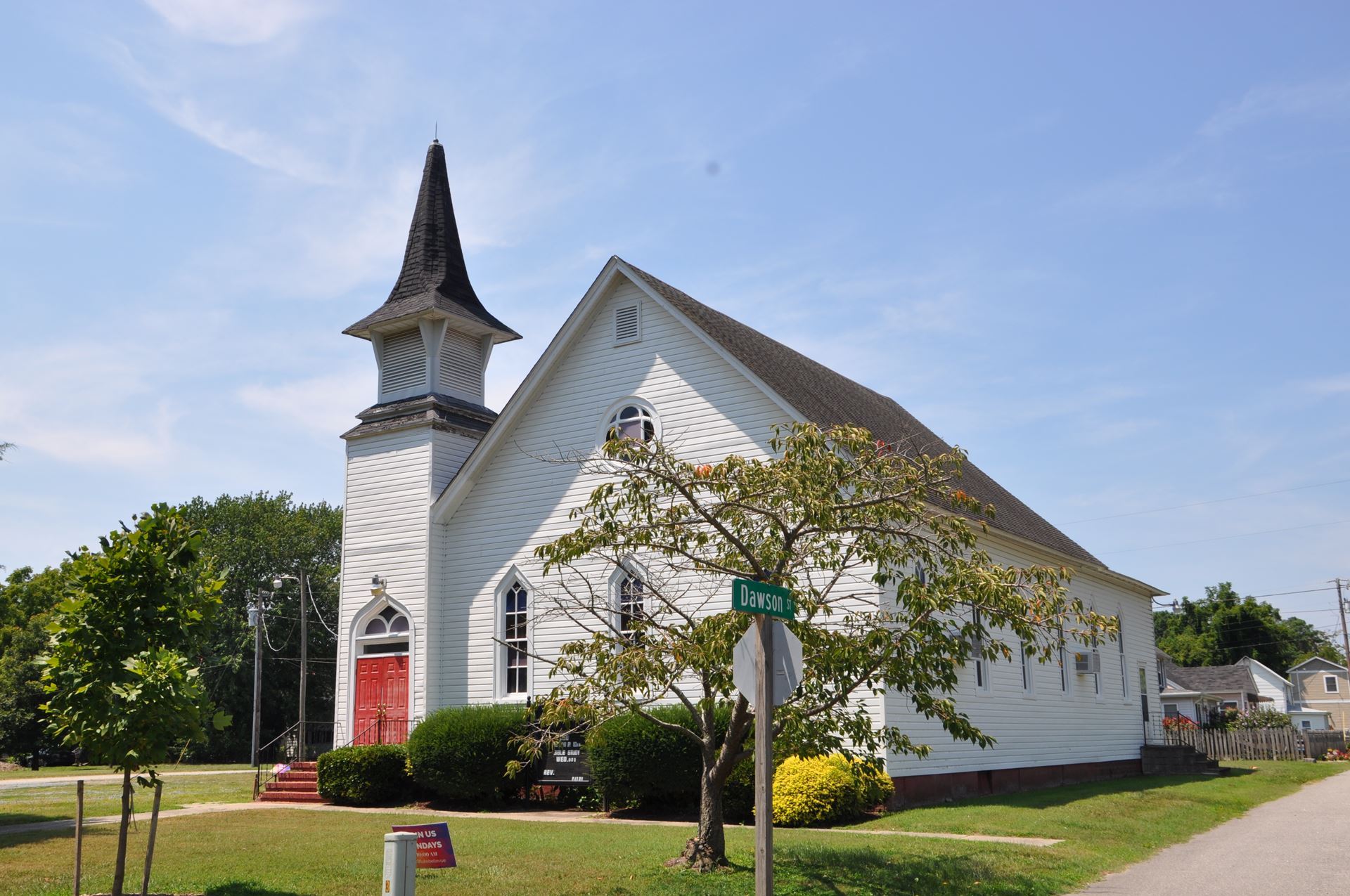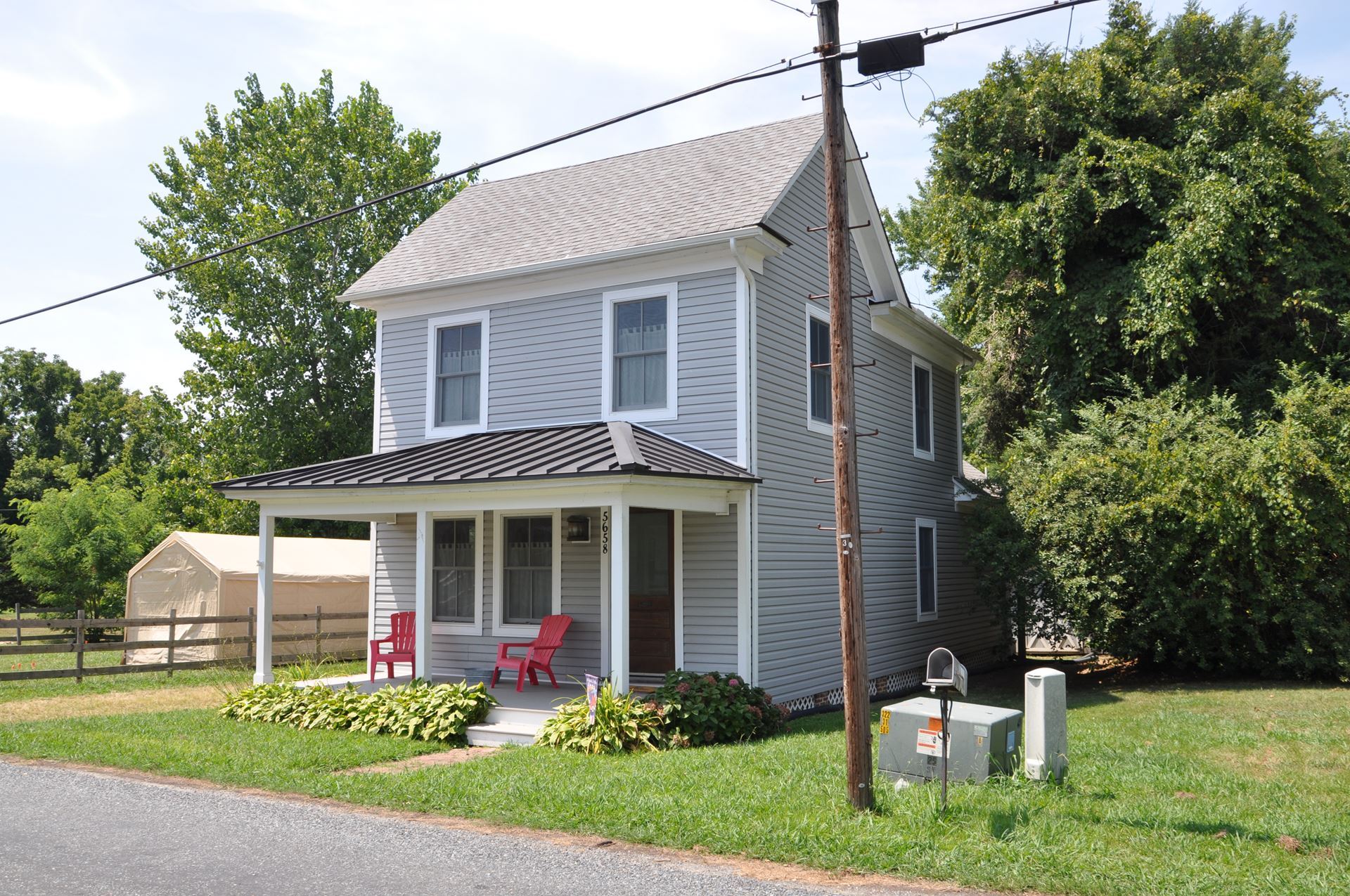- Home
- Field Work
- Bellevue Field School
Black Life in Bellevue:
Documenting African American Cultural Landscape along the Chesapeake Bay

During July 2022 and 2023, Washington College’s Center for Environment and Society will partner with the Village of Bellevue, Maryland to conduct field schools aimed at using the venue’s cultural landscape to advance historical understanding and cultural conservation of an African American community whose aspirations and development were shaped by the Chesapeake estuarine environment. A place shrouded in the immediate legacy of Maryland Eastern Shore natives Frederick Douglass and Harriet Tubman, Bellevue stands as a symbol of the quest for Black empowerment following the Civil War. From this locale, African American men and women availed themselves of the Chesapeake’s rich marine resources by working its waters, preparing the catch for market, building and using some of the region’s signature watercraft, and, in time, becoming one of the few places on the bay where Black-owned seafood processing companies were established. The places and spaces of Bellevue—its houses, businesses, churches, boats, landing sites, and streets—were culturally attuned to the Chesapeake’s environmental rhythms, a history and expression of an African American community’s material life dating to the seventeenth/eighteenth centuries and which found new voice and empowerment from the late nineteenth through twentieth centuries.
Led by field school directors Michael Chiarappa and Janet Sheridan and community coordinators Drs. Dennis and Mary DeShields, students will be immersed in Bellevue’s historical/cultural resources and its contemporary cultural life. Residing and working in Bellevue for four weeks, students will learn the skills required to document cultural landscapes—measuring, drawing, and photographing buildings, using historic documents and visual materials, and conducting oral histories with longtime residents. Complementing these approaches, students will be introduced to new methodologies that employ geographic information systems (mapping), computer-aided recording and visual presentation, and other digital technology that serves to gather and utilize information that can be used to present Bellevue’s history. The materials generated through these exercises will be used to create history exhibits and public programming for the Bellevue Passage Museum, as well as serving as resources for African American heritage tourism in the area. In addition to these outcomes, field school exercises will contribute to the design of a web-based presence for the museum and the community’s wider history, along with providing greater vision for how such documentary work can facilitate cultural conservation and community identity in Bellevue. Completing their examination of the mix of cultural landscape and local history, students and field school staff will join the curatorial vision of longtime Bellevue resident William DeShield. Colonel DeShields’s (retired U.S. Army) lifetime commitment to collecting Bellevue’s historical materials will impart on students the power of community-driven initiatives and will give them valuable insight on why their curatorial care and use are critical in advancing a fuller understanding of the places and spaces that animated Bellevue’s African American life.


